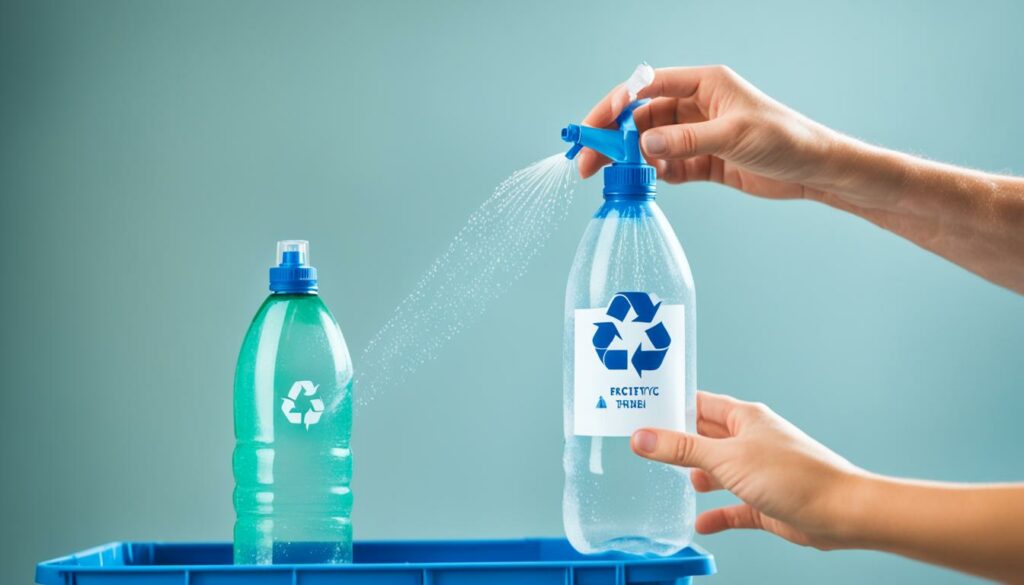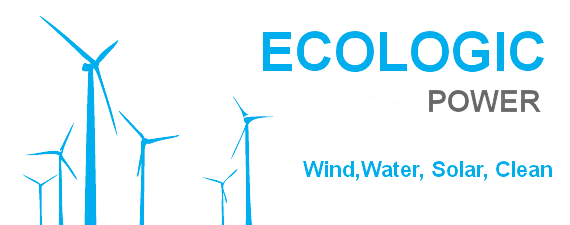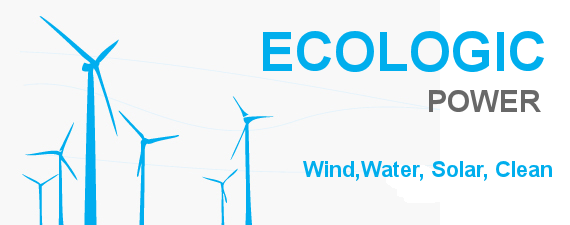Did you know that Americans produce 25% more waste between Thanksgiving and New Year’s Day? With the holiday season upon us, it’s essential to make greener choices and reduce waste. One area where we can make a significant impact is in our recycling practices. Cleaning items before recycling not only contributes to a cleaner environment but also ensures the effectiveness of the recycling process. In this article, we’ll explore eco-friendly cleaning tips, sustainable practices, and efficient recycling preparation techniques to help you make a positive difference.
Recycling Preparation: Rinsing and Cleaning Guidelines
When it comes to recycling, proper preparation is essential to ensure efficient and effective recycling processes. This includes rinsing and cleaning the items before placing them in the recycling bin. The level of cleaning required depends on the material and its potential impact on the recycling process.
Let’s take a look at some guidelines for rinsing and cleaning different types of materials:
Paper and Cardboard:
Paper and cardboard cannot be rinsed, but they should be free from grease or other liquids. Make sure to remove any food remnants or stains before placing them in the recycling bin. This ensures that the paper or cardboard can be recycled without any contamination.
Plastic, Tin, and Glass:
Hard materials like plastic, tin, or glass can be rinsed with a small amount of water to remove food remnants. Use a sponge or cloth to wipe off any remaining residue. This helps maintain the quality of recycled materials and prevents the recycling process from being hampered by contamination.
Remember, excessive rinsing can waste water and electricity. Consider using leftover dishwater for rinsing, as long as it doesn’t contain any harmful chemicals.
By following these rinsing and cleaning guidelines, you can contribute to a more effective and eco-friendly recycling process. Ensuring that the items are properly cleaned before recycling helps prevent contamination and ensures that recycled materials can be used to create new products.
| Material | Rinsing and Cleaning Guidelines |
|---|---|
| Paper and Cardboard | Free from grease and other liquids |
| Plastic, Tin, and Glass | Rinse with a small amount of water to remove food remnants |
Tips for Cleaning Food Containers Before Recycling
When it comes to recycling, food containers often leave us wondering about the proper level of cleaning required. The good news is that, in general, food containers made of plastic, glass, or metal can be recycled if they are relatively clean. By following a few simple tips, you can ensure that your food containers are properly cleaned before recycling, contributing to a more sustainable recycling process.
- Scrape out food residue: For containers like peanut butter or sauce jars, it’s important to remove as much food residue as possible. Use a spoon or spatula to scrape out any remaining food from the container.
- Rinse with water: Once you’ve scraped out the food residue, rinse the container with water. This helps remove any remaining traces of food and ensures that the container is clean and ready for recycling.
By taking these simple steps, you can help avoid contamination and ensure the production of high-quality recycled materials. Properly cleaning food containers before recycling is a small but significant way to make a positive impact on the environment.
Remember, eco-friendly cleaning practices go hand in hand with sustainable recycling. Let’s continue to make greener choices and adopt environmentally-friendly cleaning strategies for a better future.
The Impact of Contaminated Materials on Recycling
Contamination in recycling can have a negative impact on the process and the quality of recycled materials. Oils, grease, or other liquids embedded in paper or cardboard make them unsuitable for recycling. Contaminated materials can damage recycling machinery and result in lower-quality recycled paper output. Additionally, leaving food residue in recyclables can create odors and attract pests. It is important to properly clean and remove food remnants to avoid these issues. By being mindful of contamination, you can contribute to a more efficient and effective recycling process.
| Contamination Effects | Solution |
|---|---|
| Contaminated paper and cardboard | Unsuitable for recycling and can damage recycling machinery |
| Food residue in recyclables | Creates odors and attracts pests |
| Oils, grease, or other liquids | Lower-quality recycled paper output |
Cleaning Guidelines for Sustainable Recycling
- Remove food residue from items before recycling.
- Avoid placing oily or greasy materials in recycling bins.
- Ensure paper and cardboard are free from liquids.
- Use eco-friendly cleaning products for efficient cleaning.
- Properly dispose of hazardous materials separately.
Considerations for Recycling Preparation
When it comes to preparing items for recycling, there are a few important considerations to keep in mind. These considerations ensure efficient recycling preparation and promote proper recycling cleaning techniques, all while maintaining environmentally-friendly cleaning strategies.
1. Determine the Rinsing Requirement
Not all items require rinsing before recycling. Understanding which items can be rinsed and which ones simply need to be clean enough for recycling is key. While paper and cardboard cannot be rinsed, they should be free from grease or any other liquids to avoid contamination.
2. Prevent Contamination
Another critical factor in recycling preparation is preventing contamination. It’s crucial to ensure that the remaining contents of the items you’re recycling do not contaminate other recyclables. This means properly cleaning out containers, rinsing away food remnants, and removing any non-recyclable materials. By taking these steps, you contribute to a cleaner recycling stream and help maintain the quality of recycled materials.
3. Consider Health and Safety
In addition to efficient recycling preparation, it’s essential to take into account the health and safety of waste sorters. By properly cleaning and preparing your recyclables, you reduce the risk of exposing these workers to harmful substances. It’s also worth considering the attraction of pests that may be drawn to leftover food residues. Maintaining cleanliness in recycling reduces the likelihood of pest infestation and creates a healthier recycling environment.
By being mindful of these considerations, you can contribute to a smoother and more sustainable recycling process. Proper recycling cleaning techniques and efficient recycling preparation not only benefit the environment but also help create a cleaner and greener future for all.

Waste Reduction and Conservation Tips
In addition to proper cleaning and preparation for recycling, there are other waste reduction and conservation tips that can help you minimize your environmental impact. By incorporating these practices into your daily routine, you can actively contribute to a greener and more sustainable future.
Eco-Friendly Cleaning Tips
- Use natural cleaning products: Opt for eco-friendly cleaning products that are free from harmful chemicals. These products are not only better for the environment but also for your health.
- Make your own cleaning solutions: Create homemade cleaning solutions using simple ingredients like vinegar, baking soda, and lemon juice. These alternatives are cost-effective, non-toxic, and sustainable.
- Conserve water: When cleaning, be mindful of water usage. Turn off the tap when not in use and reuse water when possible.
Sustainable Cleaning Practices
- Choose reusable cleaning tools: Instead of disposable wipes and paper towels, opt for reusable cleaning cloths and microfiber towels. These alternatives are more durable and reduce waste.
- Reduce packaging waste: Look for cleaning products that come in refillable or recyclable containers to minimize packaging waste. Consider purchasing in bulk to reduce the frequency of packaging waste.
- Properly dispose of cleaning waste: When disposing of cleaning waste, follow local recycling guidelines for hazardous materials. Many communities have specialized drop-off locations for proper disposal of cleaning agents and batteries.
Greener Recycling Solutions
To further reduce waste and promote sustainability, consider implementing these recycling strategies.
- Reduce, reuse, recycle: Prioritize reducing and reusing items before resorting to recycling. Consider donating or repurposing items that are still functional.
- Recycle electronics: Electronics contain valuable materials that can be recycled. Research local programs that accept electronics for recycling, ensuring they are properly disposed of.
- Participate in community recycling programs: Get involved in local recycling programs and initiatives to support greener practices in your community.
By following these eco-friendly cleaning tips, sustainable cleaning practices, and greener recycling solutions, you can make a positive impact on the environment and contribute to a more sustainable future.
Conclusion
Adopting sustainable cleaning practices and implementing eco-conscious recycling tips are essential steps toward building a greener and more environmentally-friendly future. By following the guidelines provided by reputable organizations like Caltrans, the Clean California Campaign, and Keep America Beautiful, we can all play a part in reducing waste and promoting recycling.
Properly cleaning and preparing items before recycling is crucial to ensuring a more efficient and effective recycling process. By rinsing materials like plastic, tin, or glass and removing food residue from containers, we can help prevent contamination and produce higher-quality recycled materials.
Embracing greener habits in our everyday lives, such as using recyclable or reusable gift wrapping, opting for electronic holiday cards, and decorating with natural materials, can also contribute to waste reduction and conservation efforts. Together, we can create a cleaner and healthier environment for future generations.


